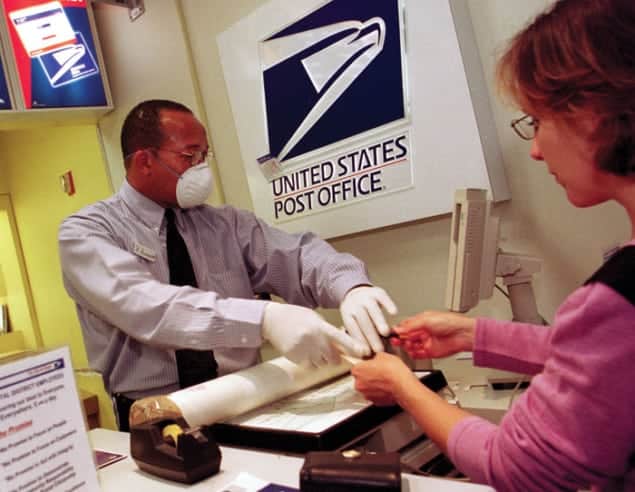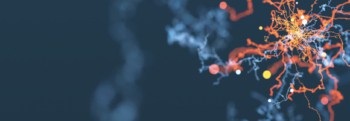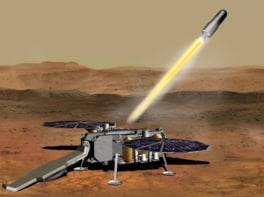Robert P Crease thinks he might know why science has lost its authority when it comes to political decisions

In mid-September 2001 letters containing deadly anthrax spores were mailed to several news agencies and two US senators in a terrorist attack that killed five people and injured more than a dozen others. A top-level adviser to president George Bush asked his then science adviser John H Marburger III how to neutralize the spores on existing anthrax-ridden mail. Marburger convened a team of scientists, who came up with a carefully researched recommendation based on irradiating the mail with electron beams. It seemed to be a triumph of science’s application to the American national interest.
But when US Postal Service officials implemented the method – to kill anthrax but preserve the mail – the electron beam burnt some batches to a crisp. Surprised, Marburger investigated. He found that government officials had second-guessed the scientists. The officials had reasoned: if scientists said the right radiation dose to blitz the death spores was x, then 2x was surely safer! When Marburger ordered the dose scaled back, the method worked fine.
Marburger, who died in 2011, liked to cite this episode as a “relatively benign example of a potentially disastrous behaviour”, namely, the tendency of government officials to alter or ignore scientific advice. His store of more damaging examples included the Bush administration’s claim, in 2002, that aluminium tubes sought by Iraq were for a nuclear-weapons programme, contrary to the conclusion of scientists. In these and other cases, it is simply a fact that, as Marburger put it, “the methods of science [are] weaker than other forces in determining the course of action”.
Marburger – the longest-serving US presidential science adviser and an experienced scientist – grew curious about why science has such weak authority among political leaders. After he stepped down in 2009, he began to investigate.
Three grounds for authority
Marburger turned to the works of German historian and sociologist Max Weber, who in his influential book Economy and Society (1922) examined different types of authority, or the grounds on which people voluntarily comply with commands issued by others. There are three, Weber said: traditional, rational-legal and charismatic.
Traditional authority, Weber wrote, is rooted in a “belief in the sanctity of age-old rules and powers”. This is the authority possessed by village elders. Legal authority – the authority of a bureaucracy – is grounded in a “belief in the legality of enacted rules and the right of those elevated to authority under such rules to issue commands”. Charismatic authority is possessed by those who are “considered extraordinary and treated as endowed with supernatural, superhuman or at least specifically exceptional powers or qualities”.
Difficult to sustain over time, charismatic authority requires periodic reinvention and occasional proofs of exceptional powers such as an ability to perform miracles or to disclose secrets of nature. Weber called charismatic authority “irrational”, but noted it is one of the few means leaders have to take people on new, progressive paths; think of the authority of Martin Luther King, Mahatma Gandhi or Winston Churchill.
But which type applies to science? Clearly not the first two: no country is traditionally scientific or requires that its laws be grounded in sound science or scientific methods. Marburger concluded that the authority of science in governmental circles is, in Weber’s terms, charismatic. Science’s authority among politicians, that is, depends on them regarding it as possessing a special power or magic.
Scientists, Marburger continued, find this absurd. For them, science is not an “authority” but the only means at our disposal to understand nature. Because scientists have first-hand experience of how science works – of its roots in empirical testing and open discussion – they see acting against science as “a mild form of insanity”, as Marburger put it. “It is precisely because the power of science does not [my italics] require charismatic authorities that we should trust it to guide our actions,” Marburger wrote (Issues in Science and Technology, Summer 2010).
Yet from the standpoint of politicians lacking such first-hand experience, the voice of a scientist is but one among many voices clamouring to be heard. For them, “science is a social phenomenon with no intrinsic authoritative force”, which is why “the authority of science is inferior to statutory authority in a society that operates under the rule of law”.
This observation explains the waxing and waning of science’s authority in politics. When scientists make dramatic, socially communicated breakthroughs, their authority shoots up; in fallow years when they don’t, it tends to decline. That is why, for instance, physicists had such political power after the Second World War. Characterizing science’s political authority as charismatic also suggests that the only way to garner more authority for scientists in government is to improve the charisma of their calling. For this reason, Marburger concluded, “science must continually justify itself, explain itself, and proselytize through its charismatic practitioners to gain influence on social events”. For starters, we need more people like Brian Cox and Neil deGrasse Tyson.
The critical point
But I think there’s a fourth possible source of authority that I’ll call trust, which overlaps with Weber’s third type without involving irrationalism. We trust someone – that is, defer to them about something beyond our knowledge or power – when we “know their story”; when we’ve seen them operate in different contexts, and know their customs, long enough to acquire a sense of how they behave. (Think of the trust we place in postal workers, for example.)
If we can somehow give the apparatus of science – the empirical tests, the supervised institutions, the open discussions – more public visibility, it would be clearer to non-scientists that scientific results are more than opinions or beliefs. Science then might acquire more authority, with the public and with politicians, without having to rely on miracles or staging magic shows.



